News
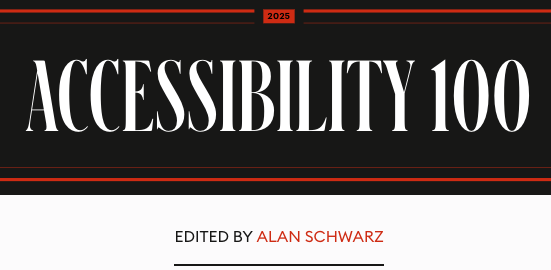
Forbes Accessibility 100 for 2025
We’re thrilled to announce that two organisations - Koalaa and the Assistive Technology for Disability Trust (AT4D) - supported by Global Disability Innovation Hub (GDI Hub) through the UK government funded AT2030 programme have been recognised in the prestigious Forbes Accessibility 100 for 2025. This annual list celebrates global changemakers designing technologies that break barriers and unlock everyday opportunities for people with disabilities.
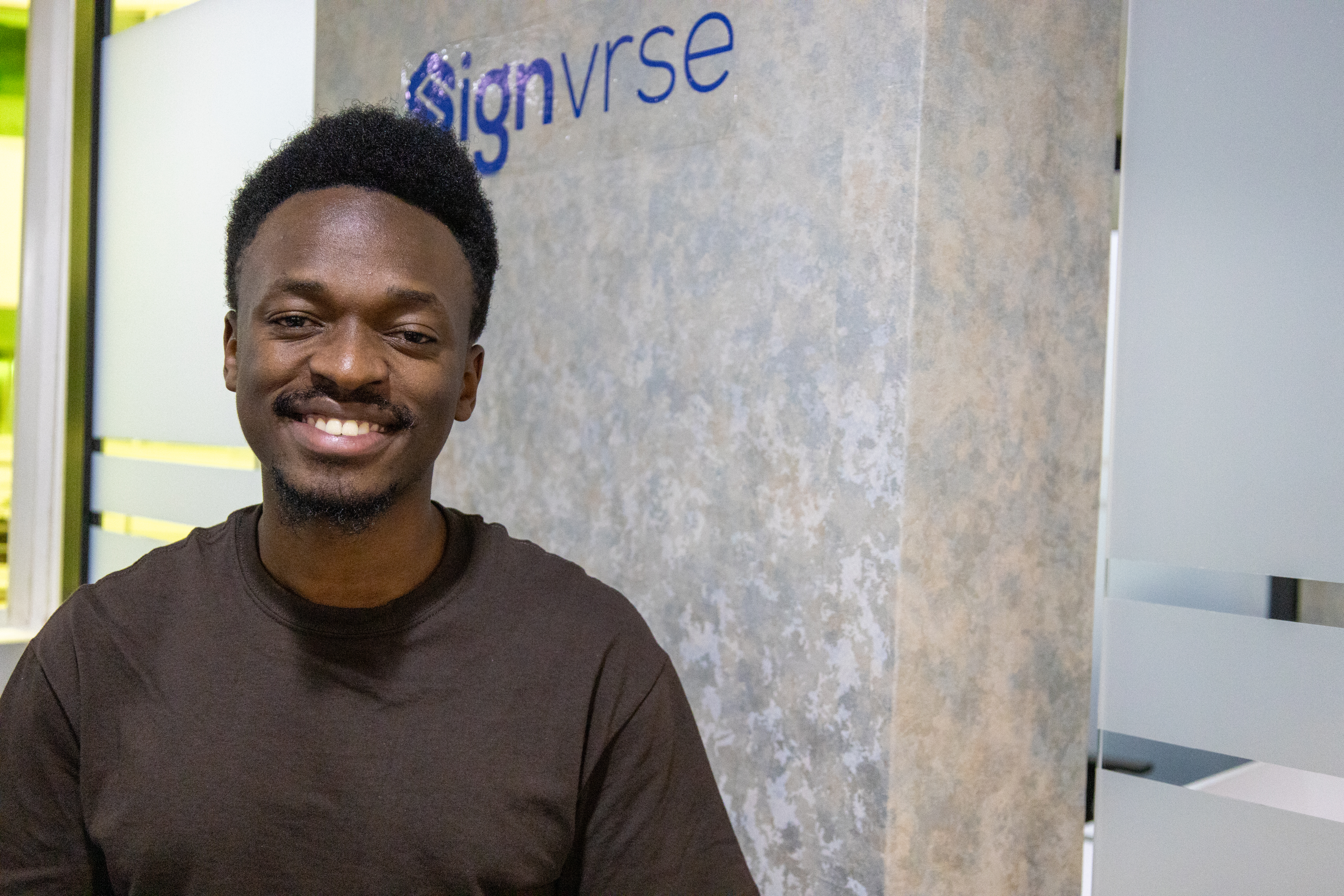
Signvrse joins Google.org Accelerator: Generative AI
Kenyan-based assistive technology startup Signvrse has been selected for the prestigious Google.org Accelerator: Generative AI, a global initiative supporting tech-driven solutions for social impact. As one of the few African enterprises in the $30 million program, Signvrse’s inclusion marks a major milestone in advancing inclusive communication for Deaf communities across the continent.

Driving Inclusive Innovation: GDI Hub Co-Hosts Global Dialogue on AI and Communication at the UN’s Civil Society Day
The Global Disability Innovation Hub (GDI Hub) was proud to co-host “A Look Ahead: AI and Innovative Inclusive Communication” yesterday alongside the UK Mission to the United Nations and the Foreign, Commonwealth and Development Office (FCDO). Held during the 18th session of the Conference of States Parties to the CRPD (COSP18), the event convened global leaders, innovators, and advocates to explore the transformative potential of artificial intelligence in advancing inclusive communication, particularly for Deaf and disabled communities.
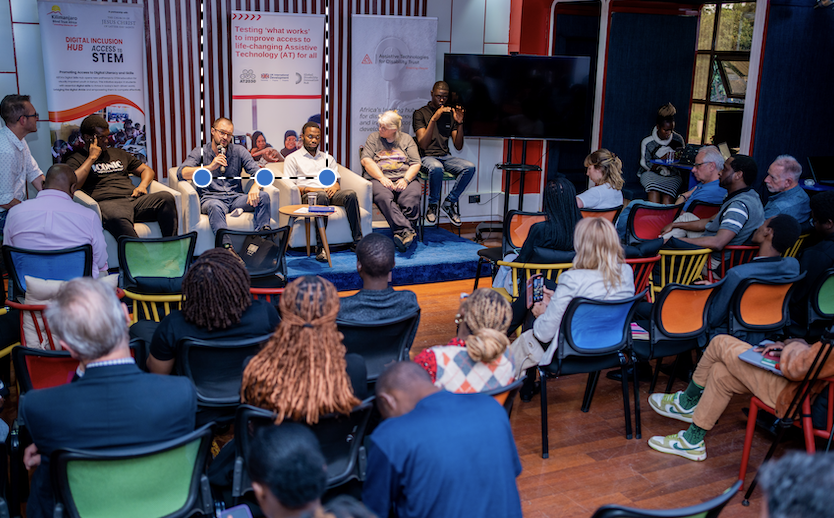
Next Wave of Assistive Technology Innovation in Africa
Africa’s assistive technology (AT) ecosystem stands at a crucial inflection point, as innovation, policy, and investment converge to drive forward inclusive solutions. On Friday, 6 June 2025, Assitive Technologies for Disability Trust together with the Global Disability Innovation Hub (GDI Hub), Kilimanjario Blind Trust Africa (KBTA), Senses Hub and the Innovate Now Accelerator will host “Accelerating Impact: Shaping the Next Wave of Assistive Technology Innovation in Africa” at Senses Hub in Nairobi
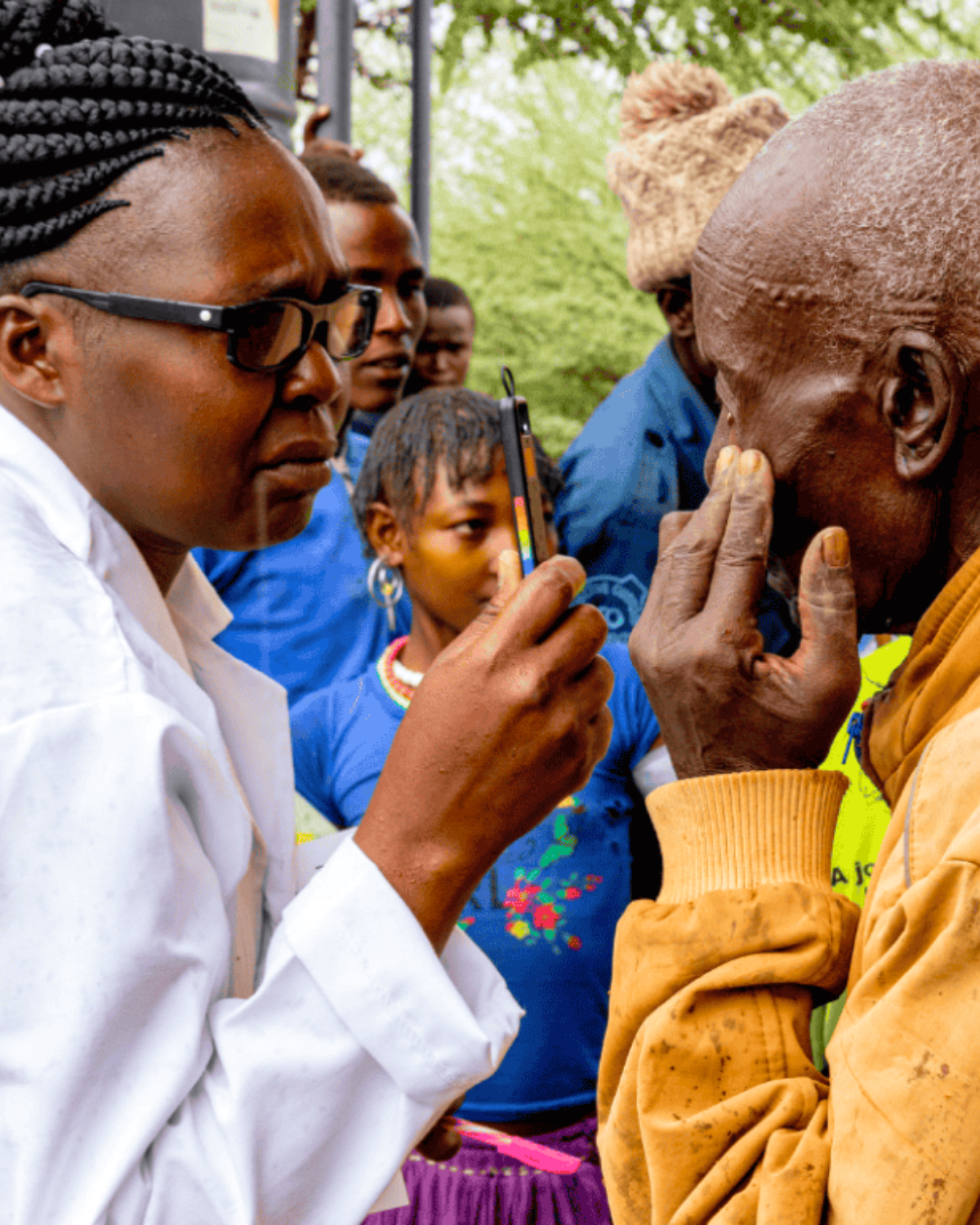
Advancing Access to Vision Through Innovation
In recognition of World Assistive Technology Day, we’re thrilled to highlight our collaboration with Dot Glasses as part of the UK International Development’s AT2030 Programme, delivered in partnership with Senses Hub. This initiative supports academic research and validation of Dot Glasses' innovative model, with the goal of ensuring its long-term scalability and sustainability.
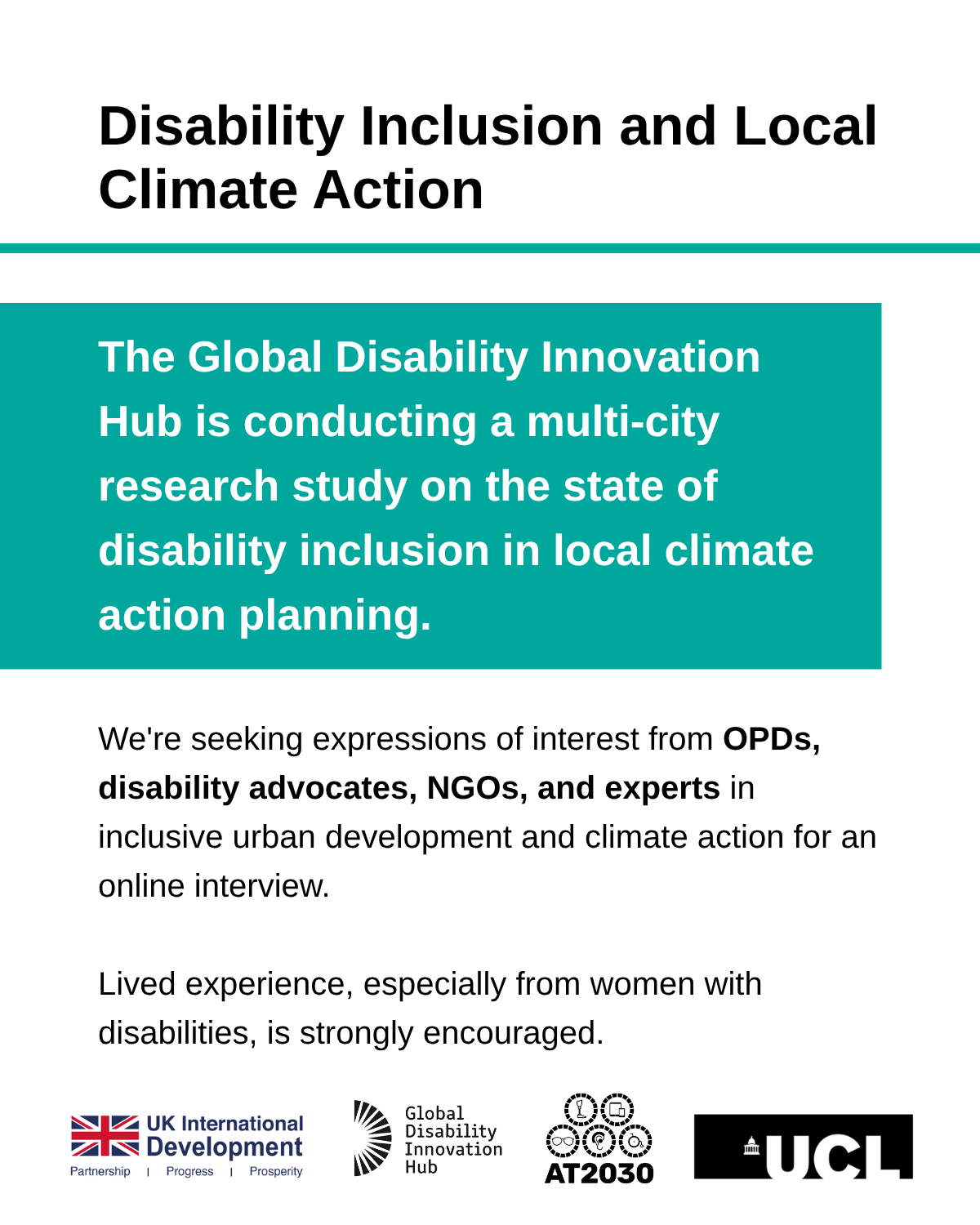
Call for Interview Participants: Disability-Inclusive Climate Action Study
The Global Disability Innovation Hub is conducting a research study on disability inclusion in local climate action, as part of the AT2030 programme funded by UK International Development. We invite OPDs, disability advocates, NGOs, and experts, especially those with lived experience, to take part in a 60–75 minute online interview in June or July 2025. Participants must be based in one of the selected cities and will receive a small honorarium for their time.

The Future of Financial Inclusion: Transforming global financing and the finance sector from the inside out.
Achieving the UN Sustainable Development Goals will take more than overseas development finance alone. We also need the power of private capital, from financial institutions and a new generation of high-net-worth investors, to help fill the gap. To coincide with the UN’s disability event - the Conference of States Parties to the Convention on the Rights of Persons with Disabilities (COSP), our reception and panel on ‘The Future of Financial Inclusion’ will spotlight how the global financial system can be a force for disability-inclusive development.
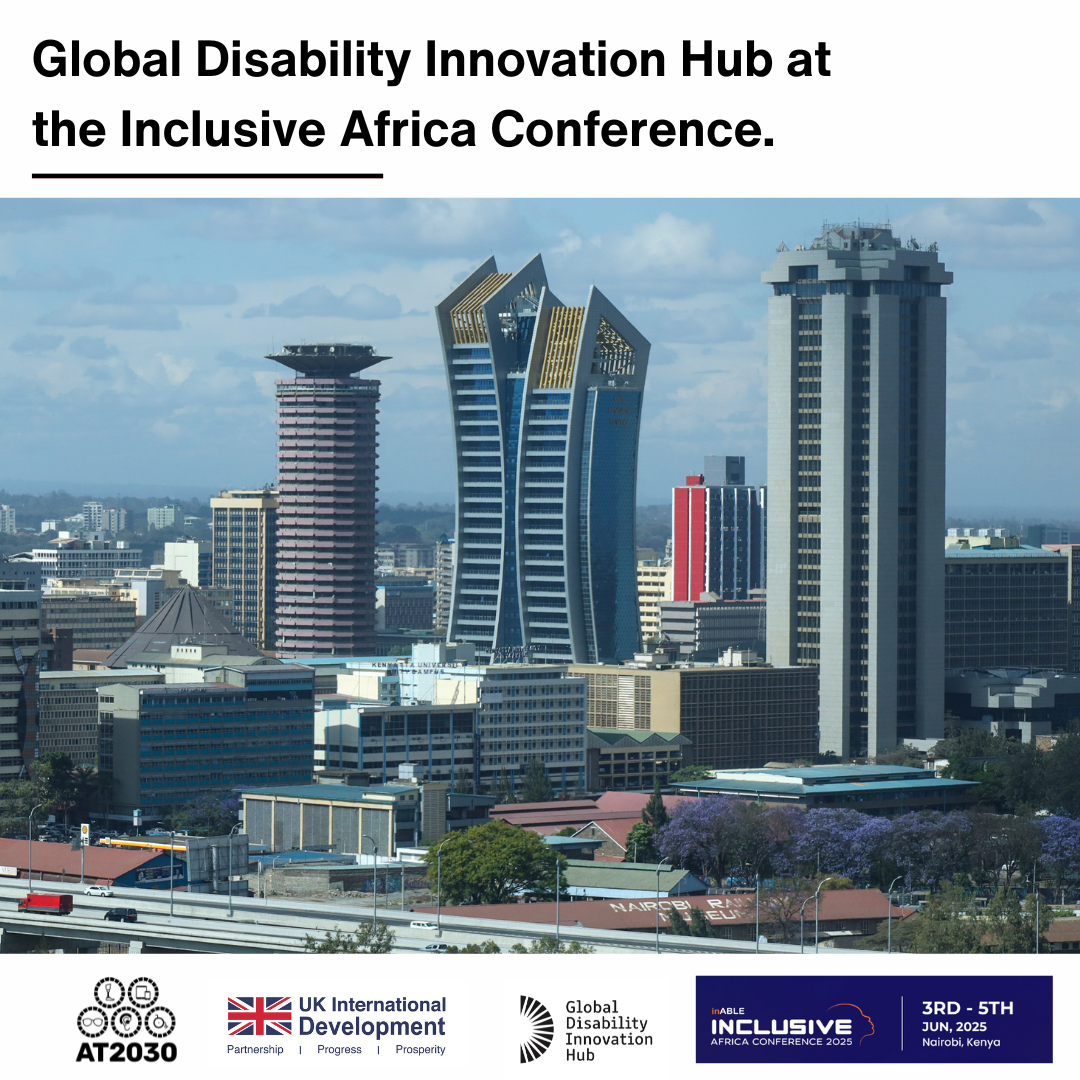
GDI Hub at Inclusive Africa 2025
The Global Disability Innovation Hub (GDI Hub) is proud to be participating in the upcoming Inclusive Africa Conference 2025, a leading regional platform advancing digital accessibility, assistive technology (AT), and disability inclusion across the continent. Taking place in Nairobi, Kenya, from June 3rd to 6th, this year’s conference promises dynamic conversations, collaborative learning, and bold innovations aimed at unlocking inclusion through technology. GDI Hub will lead and contribute to a series of impactful sessions throughout the week, spotlighting the role of inclusive ecosystems, OPD (Organisations of Persons with Disabilities) capacity-building, and locally driven innovation.
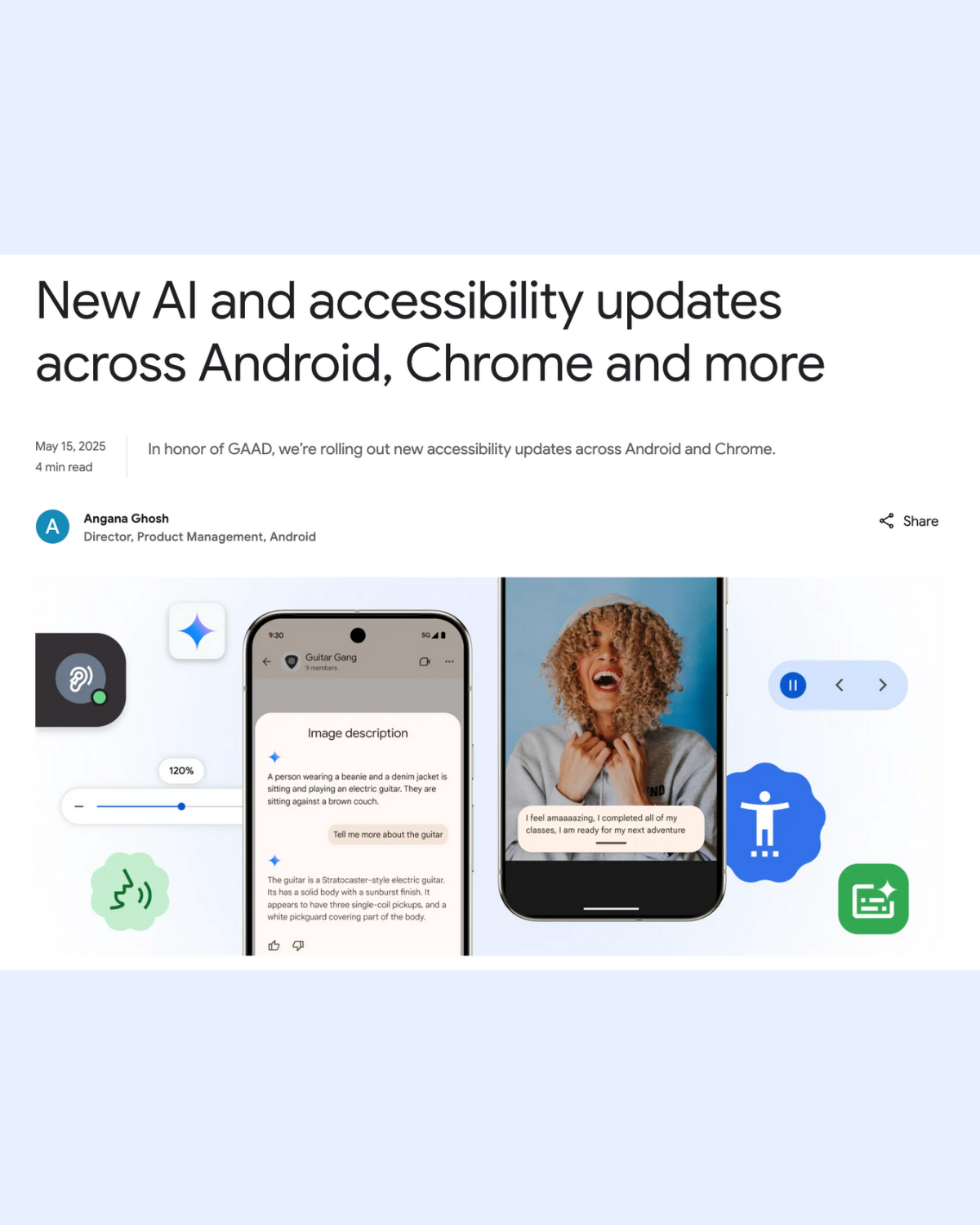
Google Spotlights Accessibility Breakthroughs with GDI Hub on Mobile and AI Innovation
We're proud to be featured in Google’s latest article, which showcases our collaborative work to advance accessible technology through two key initiatives: the Centre for Digital Language Inclusion (CDLI) and Mobile as Assistive Technology (Mobile as AT).
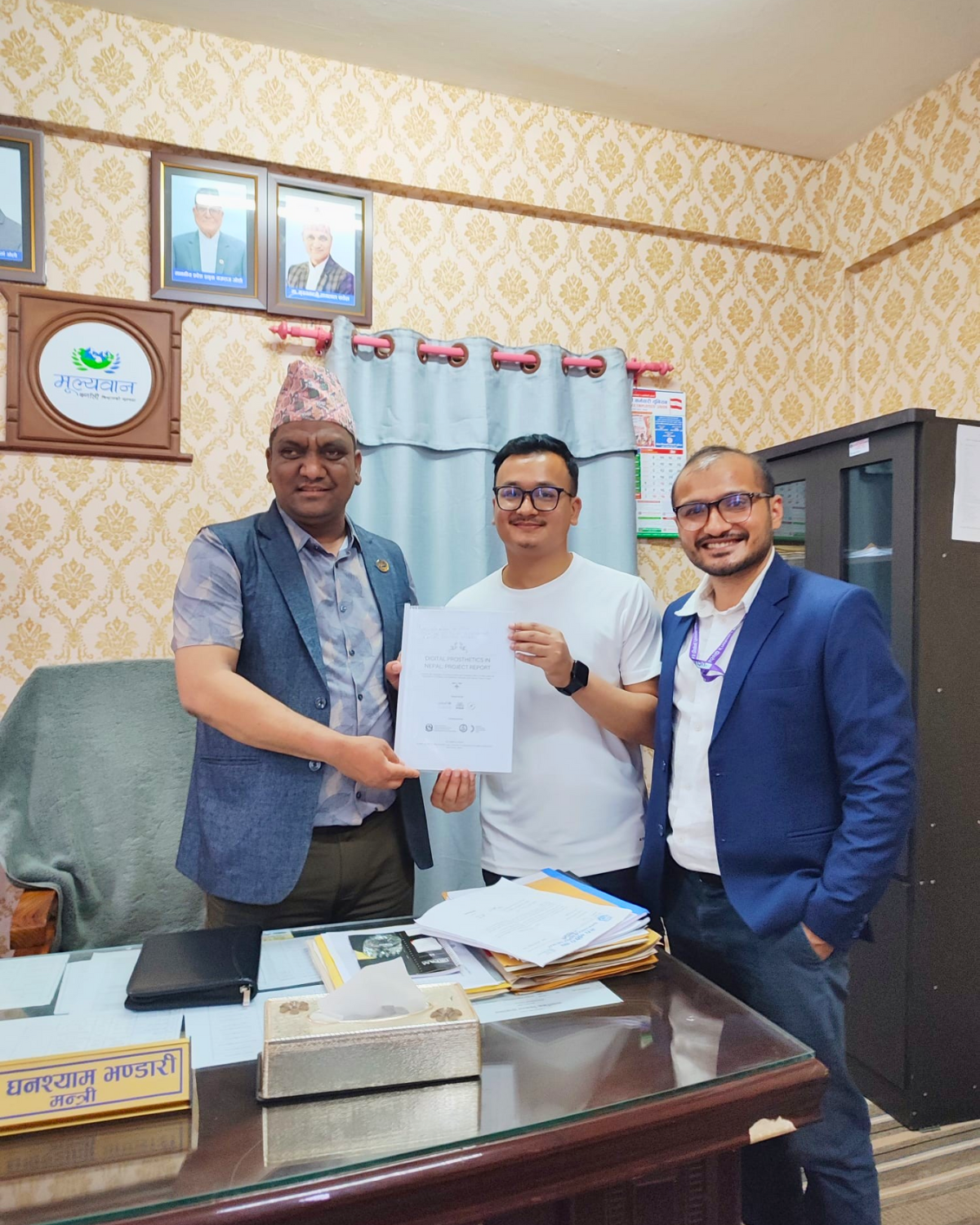
GDI Hub Recognised by Karnali Province Minister for Advancing Assistive Technology Services in Nepal
The Global Disability Innovation Hub (GDI Hub) was thanked by the Honourable Minister for Social Development of Karnali Province for its role in improving access to assistive technology in Nepal. In collaboration with UNICEF Nepal, UGANI Foundation, and the Department of Health Services, GDI Hub helped establish two 3D printing labs in Kathmandu and Surkhet. The GDI Hub continues its commitment to promoting inclusive, technology-driven rehabilitation services in Nepal, working with local stakeholders to create a more accessible and equitable future for all.

AT2030 innovator Brian Mwenda makes the Forbes Europe 30 Under 30 list for Social Impact with his venture, Hope Tech
Brian Mwenda, Founder of Hope Tech, has joined the Forbes Europe 30 Under 30 list in the Social Impact category. This prestigious recognition highlights the exceptional contribution of Brian and the Hope Tech team in advancing inclusive innovation for assistive technology (AT). The Global Disability Innovation Hub’s (GDI Hub) AT2030 programme, funded by the British Government, supported Hope Tech in their early stages of innovation through our Innovate Now AT Accelerator in Kenya.
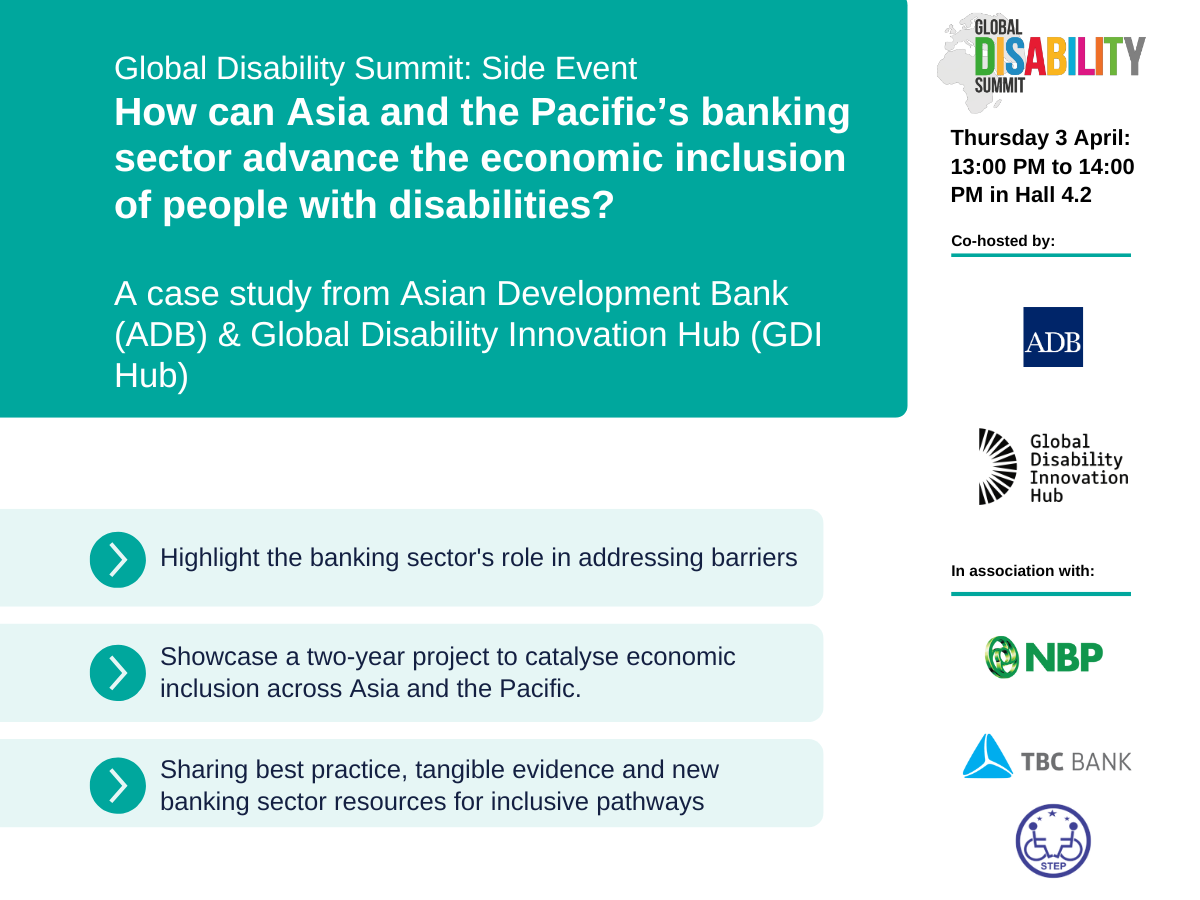
Global Disability Summit: Accessibility 2030 booth
We thrilled to bring Accessibility 2030 to the Global Disability Summit (GDS) to drive urban accessibility. Led by GDI Hub with key partners, our booth will showcase innovations, tools, and case studies, sparking collaboration for more inclusive cities.

UCL Grand Challenges: A Catalyst to GDI Hub's Global Impact
In 2016, the UCL Grand Challenge awarded the Global Disability Innovation Hub (GDI Hub) an initial grant of £10,000. With this, we set out to address some of the most pressing challenges facing people with disabilities worldwide. Find out more.
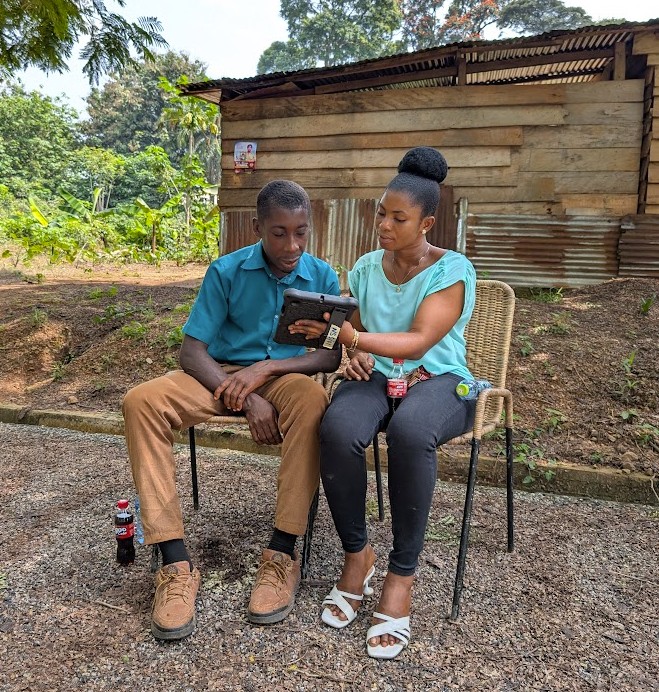
Changing lives through AI - how a new Centre for Digital Language Inclusion will bridge the barrier between non-standard speech and the use of Automatic Speech Recognition for disabled people worldwide
Automatic Speech Recognition is transforming the communication ability of people with non-standard speech. The prevalence of mobile devices, alongside free-to-access apps, is making Automatic Speech Recognition accessible, convenient, and less stigmatizing for people with slurred or difficult-to-understand speech. Today, UCL’s Global Disability Innovation Hub (GDI Hub) is launching a new Centre for Digital Language Inclusion alongside collaborative partners Royal Academy of Engineering, University of Ghana and Talking Tipps. The Centre will collect datasets of non-standard speech to build Automatic Speech Recognition models, enabling disabled people with communication barriers to take advantage of Automatic Speech Recognition software.
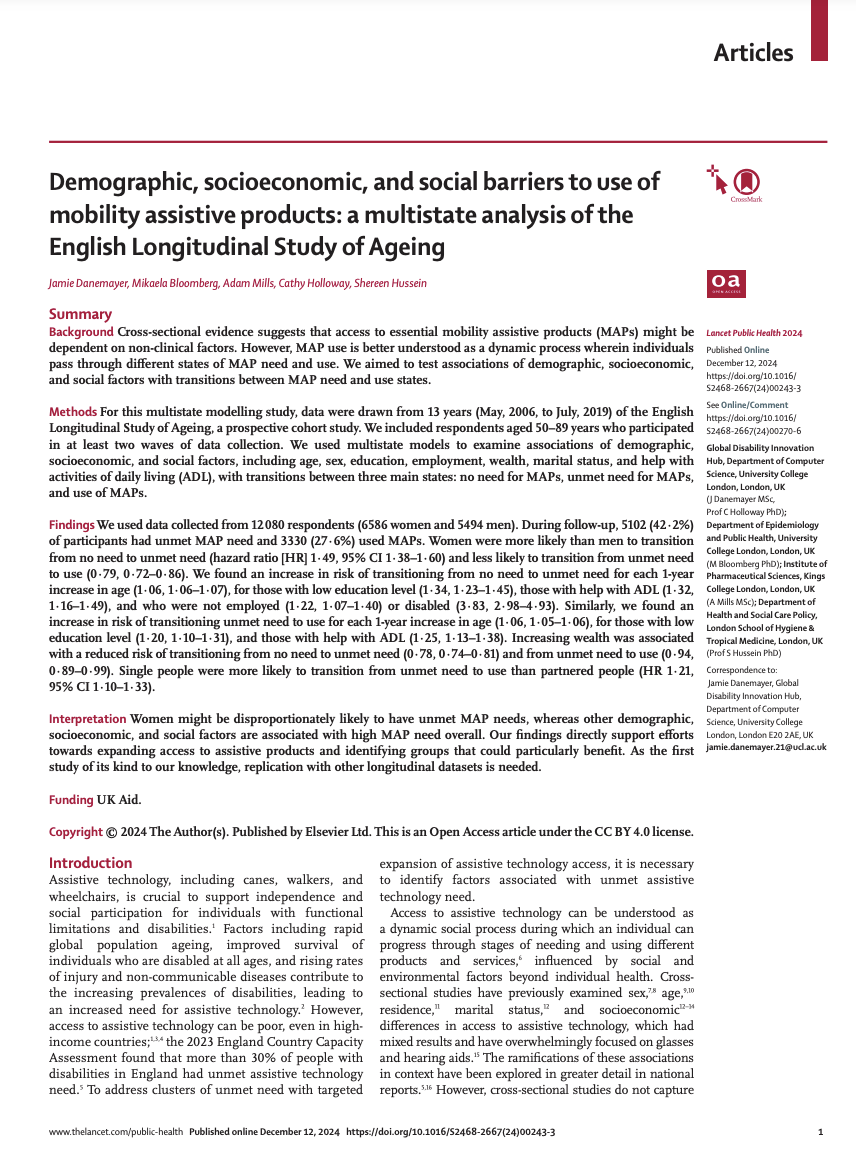
Women less likely than men to use mobility aids despite greater need
Women are more likely than men to experience mobility limitations that could benefit from the use of mobility aids but are much less likely to use them when needed, according to a new study from researchers at UCL and the London School of Hygiene and Tropical Medicine (LSHTM). Though the prevalence of disability continues to rise among the over fifties, many people do not have access to the mobility aids – such as canes, walkers, or wheelchairs – that are essential for maintaining independence and social engagement.
AT Innovation and Impact Podcast
Welcome to the AT Innovation Podcast. In this series, we embark on a journey through the heart of Africa to explore a world where creativity and technology converge to challenge and transform our understanding of disability. We spotlight the work of Innovate Now, Africa’s first assistive technology accelerator, and the pioneering individuals behind its success. Together, we uncover how Africa's assistive technology innovation ecosystem is not just evolving but revolutionizing the way assistive technologies are perceived, developed, and adopted.
GDIHub at the World Urban Forum
In November 2024, the Global Disability Innovation Hub (GDI Hub) joined the global community at the World Urban Forum (WUF12) in Cairo, Egypt, contributing to the global dialogue on inclusive and accessible urban development.
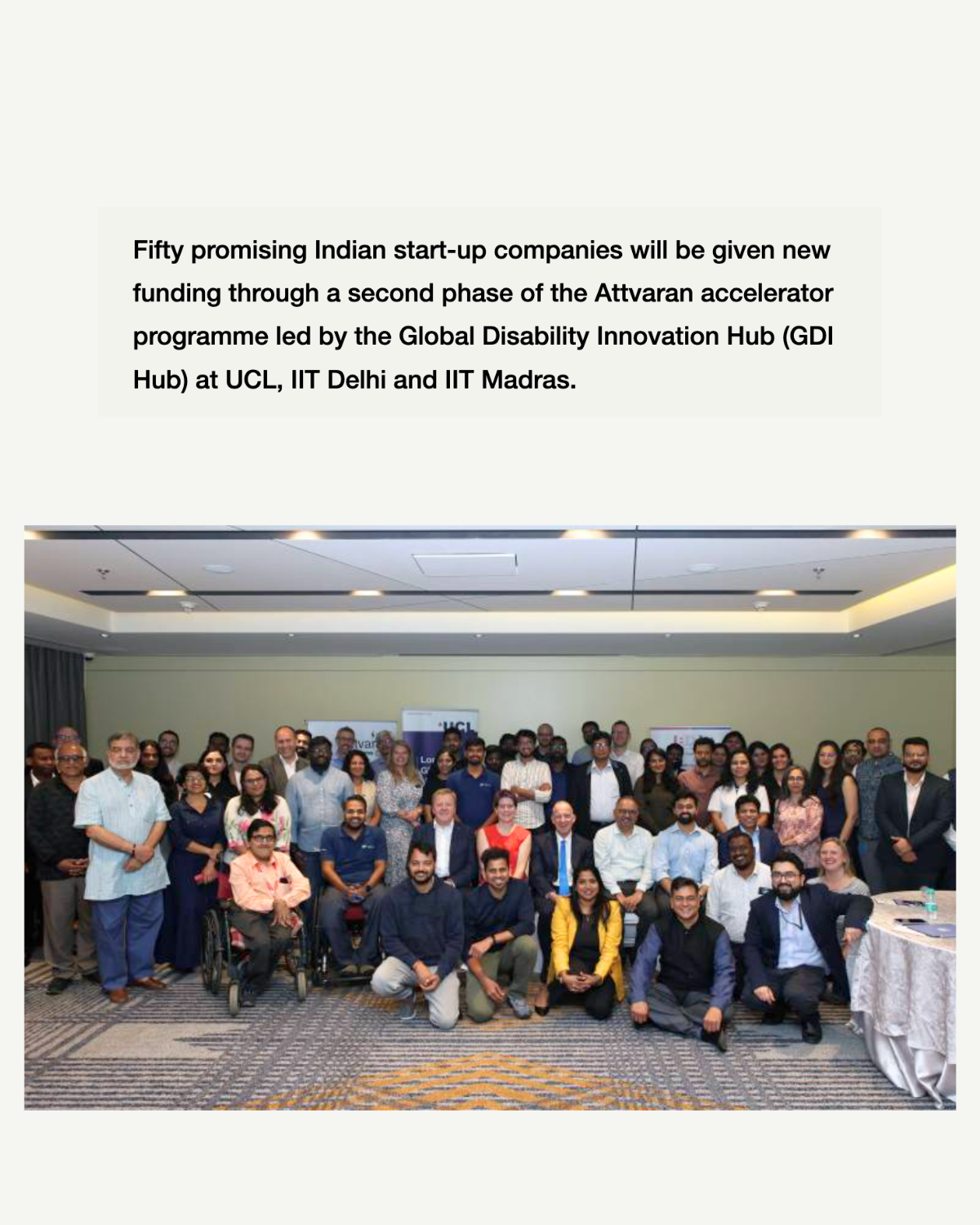
UCL and Indian partners announce new round of funding for 50 disability inclusion startups
Our Delhi based Attvaran Accelerator announced a second phase of this regional innovation accelerator, which will look to support 50 promising Indian start-up companies to scale emerging Assistive Tech The UCL Provost Dr Michael Spence AC joined our Assistive Tech Demo Day ahead of the Bengaluru Tech Summit, Asia's largest tech conclave to announce that the Attvaran Accelerator will continue to forge new interactions, innovation, research and business opportunities that enable pioneering Assistive Technologies to change lives across the region.
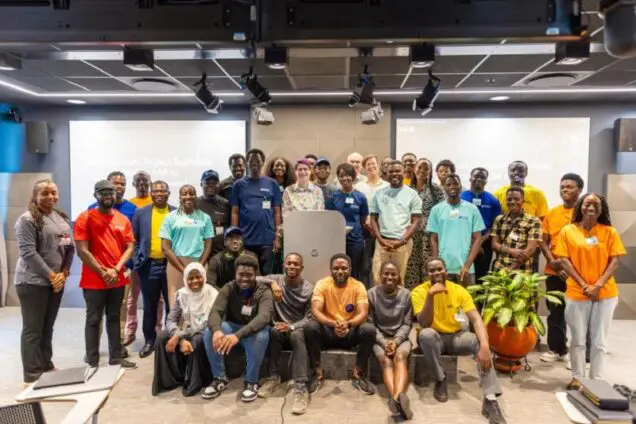
Google, University of Ghana and GDI Hub to Expand AI-Powered Speech Recognition for Non-Standard Speech in Ghanaian Languages
The University of Ghana, Google Research Africa, and UCL’s Global Disability Innovation Hub (GDI Hub) are collaborating on "tɛkyerɛma pa" ("Good Tongue"), an AI-based initiative aimed at improving communication for individuals with non-standard speech patterns. This project focuses on improving AI-powered speech recognition technology for five major Ghanaian languages, marking a significant step in making communication more inclusive for all.
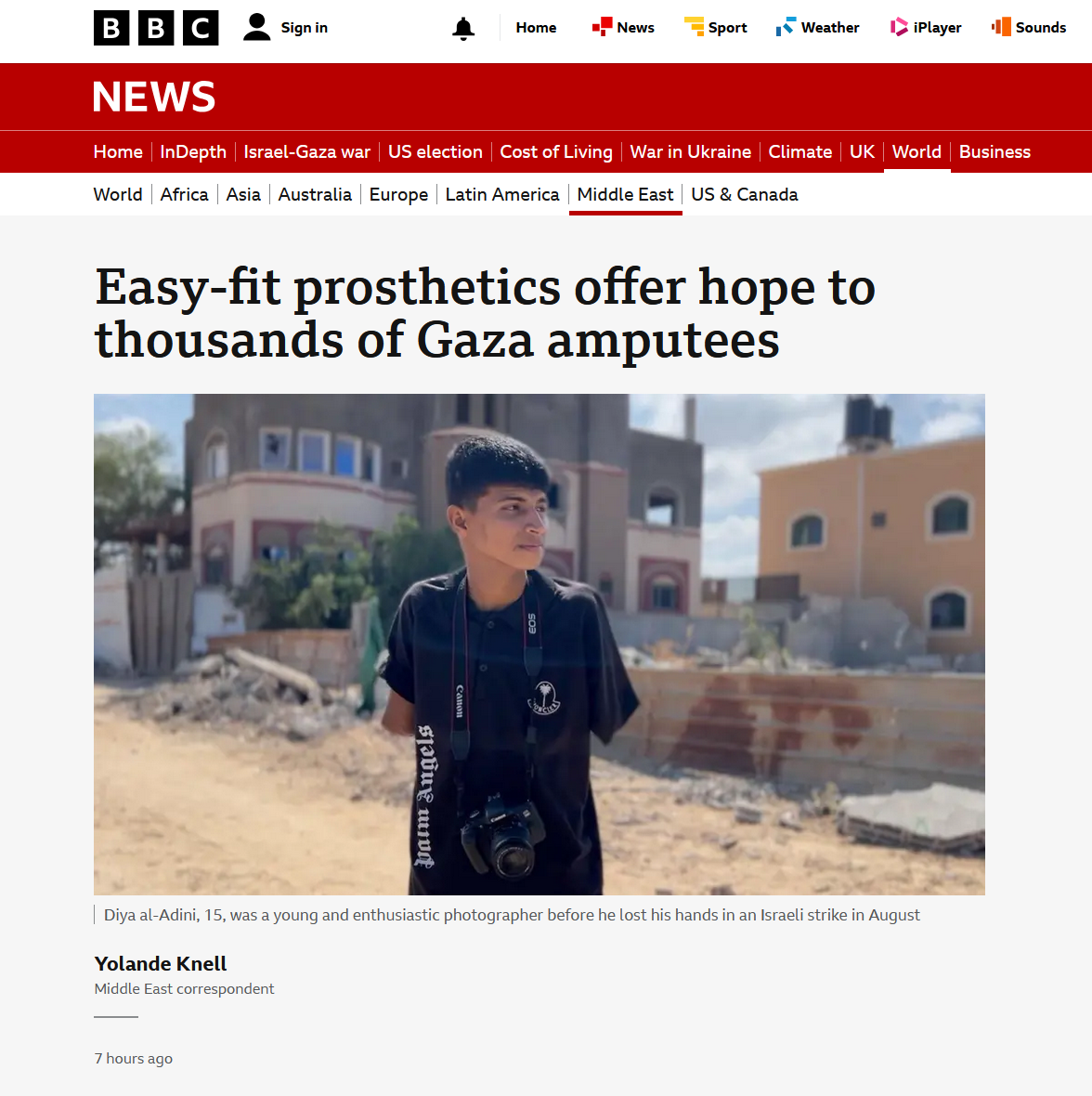
Easy-fit prosthetics offer hope to thousands of Gaza amputees
BBC news article features innovation supported by AT2030 programme to provide easy-fit prosthetics to thousands of Gaza amputees. Koalaa - who were part of the AT2030 Assistive Tech Impact Fund, provide soft affordable prosthetics, focused on comfort and functionality.